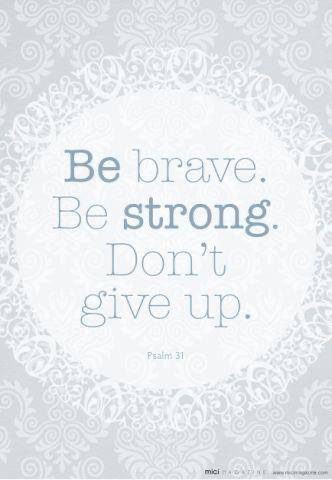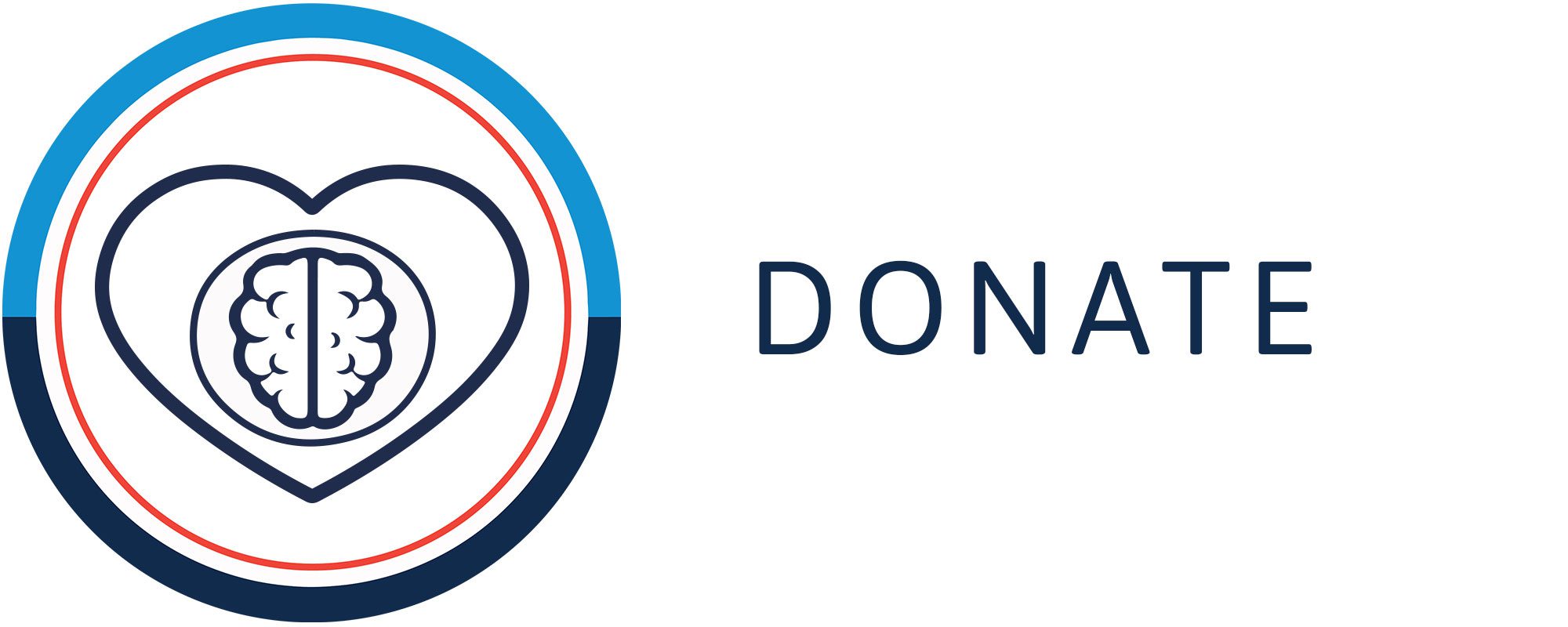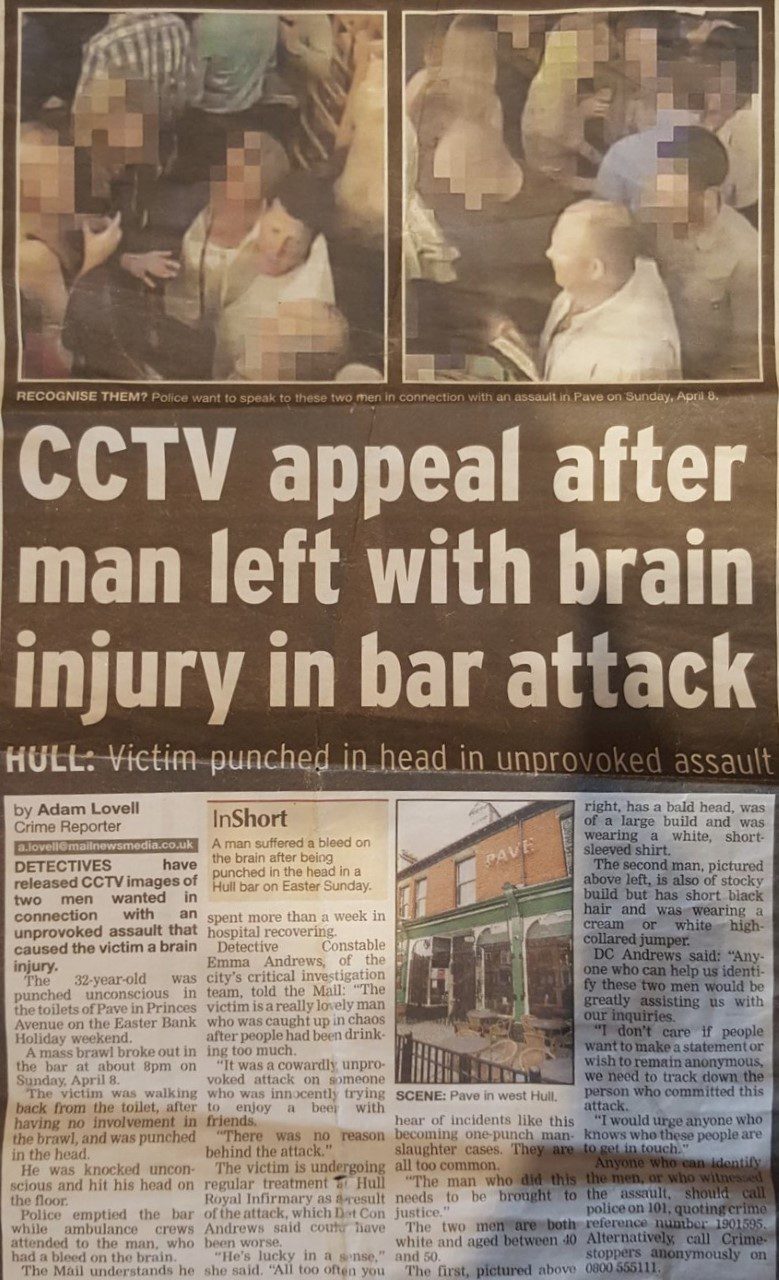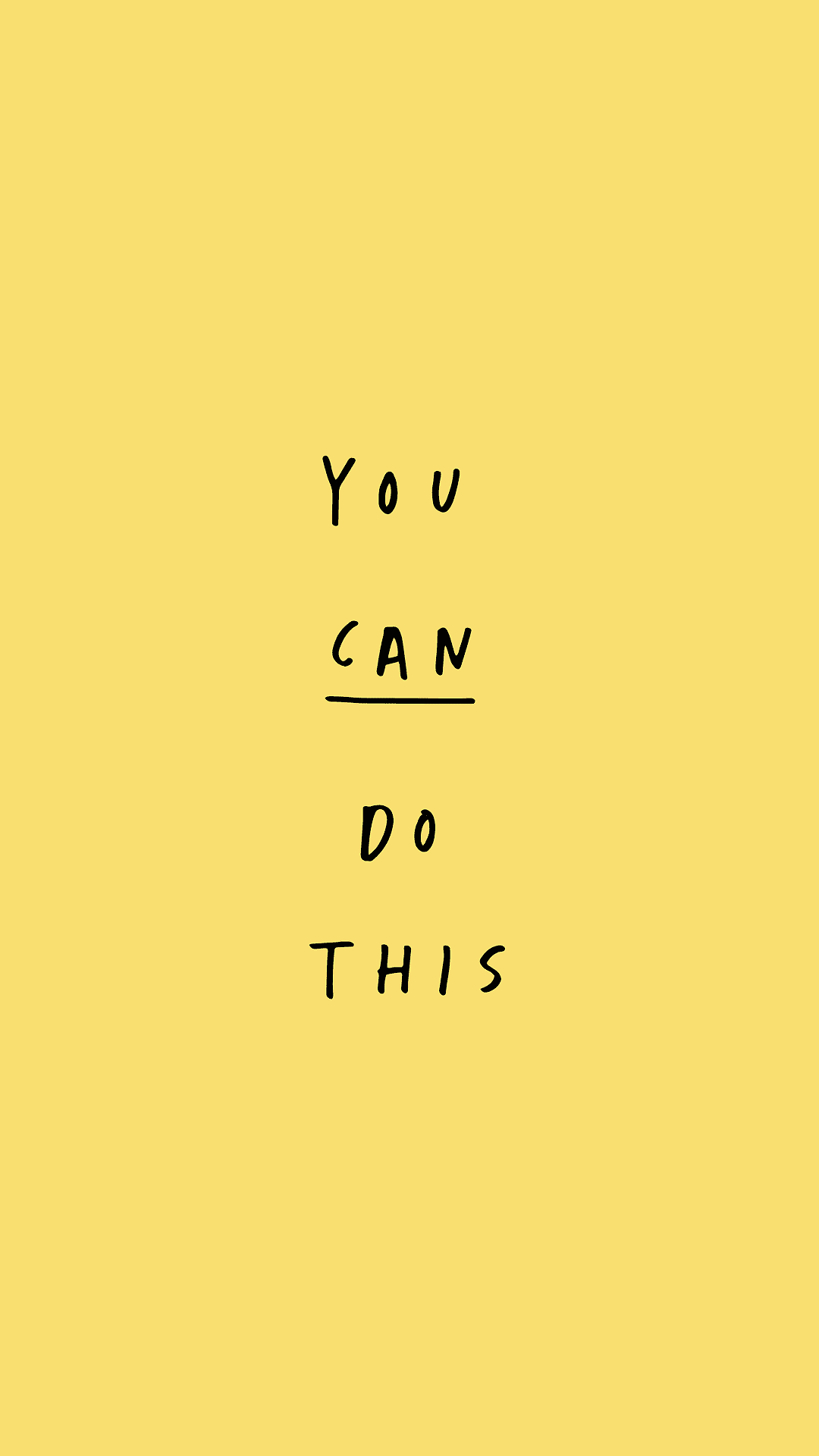The Hospital and Home
May 1, 2012
Things can get better over time.
For anyone who is affected by brain injury –

May 2, 2012
I had a variety of ailments including sight problems, tinnitus, a speech impediment, severe memory loss, headaches, cognitive challenges, confusion and a slow and vacant persona.
May 3, 2012
The local press had published an appeal to find the person who had done this to me.
May 5, 2012
Something that my family really struggled with is the lack of answers after brain injury. There were no answers as to how I would recover. Brain injury is an injury like no other. Brain injury is complex, and everyone recovers differently. Looking back, they needed support and education that wasn’t available.
May 17, 2012
I was discharged from hospital after about 6 weeks. I had wanted this to happen after thinking that I could manage at home (limited insight wasn’t helping). I had to undergo some basic tests with occupational health to make sure I was safe. I was discharged on the understanding that Gemma and my family would provide care to suit my needs. Life was difficult for everyone close to me. It required patience, a lot of patience, from everyone. It was the hardest time of our lives.
May 18, 2012
I want to give a special mention and thanks to all the staff on HDU and neurosurgical ward 4/40 at HRI. They saved my life and did an amazing job caring for me. I will always be thankful!
May 19, 2012
Looking back, I pushed to go home too early. I tried to act like I was OK when really I wasn’t. I didn’t understand the severity of my injuries at all. I was trying to get on with it. Nothing can prepare you for the daily stress of being at home with a brain injury. I had been in a bubble of fantastic care at hospital and wasn’t ready for home life. I really struggled. I recommend seeking advice and information about the transition from hospital to home.
Read our Going Home After ABI booklet
May 20, 2012
I was discharged with a bag full of medication. There was even liquid morphine in there. I had twenty tablets a day. I struggled with a poor memory and could often forget to take them.
I recommend coping strategies to help compensate for loss of function. Using alarms and reminders to alert you when to take tablets/medicine and a pill box could really help.
P.A.U.L For Brain Recovery has an educational learning module on Coping and Compensatory Strategies. Please email the charity for more information if you’re interested – info@paulforbrainrecovery.co.uk
May 21, 2012
It became apparent there was a lack of support in the community, especially for my loved ones who were caring for me. They needed support. I couldn’t explain how I was, and they struggled to understand. It’s such a tough situation for everyone.
If you’re affected by brain injury then I recommend seeking support, guidance and education. You are not alone.
P.A.U.L For Brain Recovery has a Common Effects of Acquired Brain Injury booklet and other resources you may find useful – View Resources
May 22, 2012
I spent most days vacant, lost and confused. I felt really tired all of the time. The speech and hearing difficulties were persisting. Life had changed so much.
May 23, 2012
Every day brought its challenges, but I remained resilient.
For anyone affected – stay strong. You can do this!
May 24, 2012
I was trying to get on with normal chores around the house, but I was struggling. It took a lot out of me. My headaches and stuttering seemed to be getting worse.
May 25, 2012
I was diagnosed with post-concussion syndrome. I started seeing a neuropsychologist for assessment and rehabilitation. She told me it would take 2 years for my brain to recover and even after that, there would be permanent damage. There were no answers as to the extent of the life-long damage. I would never be the same again. Part of my identity was gone forever.
If you were sound of mind this news would be devastating but my brain injury did not allow me to see the bigger picture and implications for my life. I knew that I was struggling but I spent my days living with a damaged brain. I had limited insight and therefore understanding (you can only function in what capacity you have available).
P.A.U.L For Brain Recovery has worked in partnership with the Department of Psychological Services, Hull University Teaching Hospitals NHS Trust to produce a booklet about Identity and Emotions After Acquired Brain Injury.
Read our booklet on Identity and Emotions After Acquired Brain Injury.
May 27, 2012
Despite limited insight, the news of a two-year recovery with lasting damage was hard to take. It was especially heart-breaking for my family who were frightened for my future. This brought a sense of low mood for everyone around me. Life was tough.
May 28, 2012
I started speech therapy. I had to get my eyes tested as I was having lots of double vision. I went to the doctors as I had persistent tinnitus. I felt really vulnerable at this point. I was learning that life is really difficult living with a brain injury.
May 29, 2012
Around this time, I realised that my ability to create mental imagery was severely impaired. My brain struggled to visualise images. This affected my visual memory, which was frightening as I could no longer see images associated with my upbringing and adult life.
May 30, 2012
I was on sick from my role as an electrical engineer. I had started my career with an apprenticeship at 16 years old and had worked at Humber Electrical for 16 years, working my way up to be a foreman. I managed jobs with a large team of electricians. There was lots of responsibility with organising tasks and materials for the team. We worked at schools, hospitals and chemical plants in contracts that were worth up to a million pounds. I loved the job and had a great relationship with my colleagues.
May 31, 2012
I had never been on long-term sick from work. The benefits system was a minefield and seriously difficult to navigate. After investigating with help from my family we realised that I could only claim statutory sick pay. This wasn’t much! I had to have a break from the mortgage for 6 months and could feel the strain from little money coming in. This was tough and had a negative impact on my fragile mind.
If you have a brain injury, then I recommend that you ask your loved ones to take on the role of paying bills and managing the house. The responsibility can be far too much after brain injury.
P.A.U.L For Brain Recovery provides an advocacy service which assists in accessing relevant support/services such as benefits advice. This can help to take the burden off individuals and families who are already under enormous strain.
I was really lucky to have great friends who organised a money collection for me. Their kindness provided a much-needed boost which took some pressure (that I didn’t need) away. They will never know how much that collection helped me! I needed something to go my way and they came to my rescue.
I will never forget.





